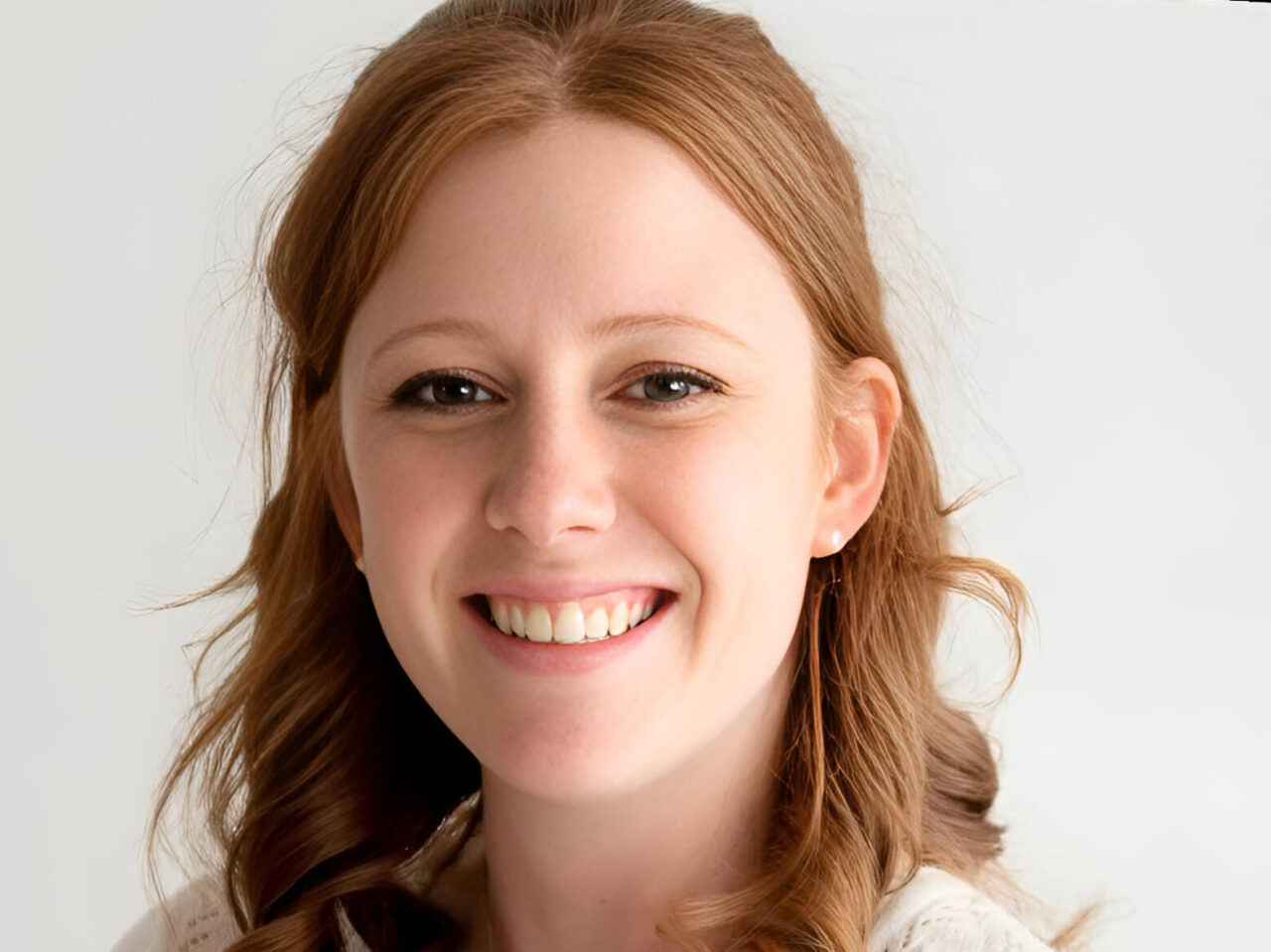
Emily Mould: Results from our ZERO Childhood Cancer study have been published in Nature Medicine
Emily Mould, Head of Business Development at Children’s Cancer Institute, shared a post by
“I’m immensely proud to share the news the latest clinical outcome results from our ZERO Childhood Cancer study have been published today in Nature Medicine!
The results are simply remarkable and show that, even in this cohort of children with very aggressive cancers;
1. Precision-guided treatments improve clinical outcomes, and
2. Treating early in a child’s treatment journey with precision-guided treatments improves outcomes.
This study is only possible because of the brave children with cancer and their families. Thank you.
Please share with your networks. You can read the full story and find the link to the paper here.”
Quoting
“In a world-first study published today in the leading international journal Nature Medicine looking at the long-term outcomes of precision medicine for children with cancer, we’re delighted to share with you the results that confirm: ZERO is changing the model of care for children with cancer
Source: Emily Mould/LinkedIn and
-
Challenging the Status Quo in Colorectal Cancer 2024
December 6-8, 2024
-
ESMO 2024 Congress
September 13-17, 2024
-
ASCO Annual Meeting
May 30 - June 4, 2024
-
Yvonne Award 2024
May 31, 2024
-
OncoThon 2024, Online
Feb. 15, 2024
-
Global Summit on War & Cancer 2023, Online
Dec. 14-16, 2023

Since 2017, ZERO, which is led in partnership by Children’s Cancer Institute and the Kids Cancer Centre at Sydney Children’s Hospital, Randwick, has been providing in-depth genomic analysis and comprehensive drug testing for children with high-risk cancers across Australia, with the aim of identifying new treatment options which are recommended back to the child’s treating clinician.
We have shown that this precision-guided therapy provided by ZERO leads to significantly improved outcomes for children with high-risk cancers and is superior to standard or non-precision guided therapy, both in terms of clinical response and survival.
Of the 384 children on the study, 55% of children who received their personalised treatment achieved complete or partial remission, or had their disease stabilised for at least 6 months.
In addition, children who received a ZERO-recommended treatment did significantly better than those who did not. Their 2-year progression-free survival was more than double that of children who received standard therapy (26% vs 12%), and five times higher than that of children who received an unguided treatment (a novel agent not chosen on the basis of molecular findings).
Considering these were children with highly aggressive cancers which, in many cases, had already failed to respond to standard therapy, these results are extraordinary and show that ZERO is truly life-saving for some children.
Furthermore, children who received their recommended therapy early on in their treatment journey did significantly better than those who received it after their disease had progressed, suggesting that the sooner a personalised treatment strategy can be implemented, the better the chance of preventing relapse and death.